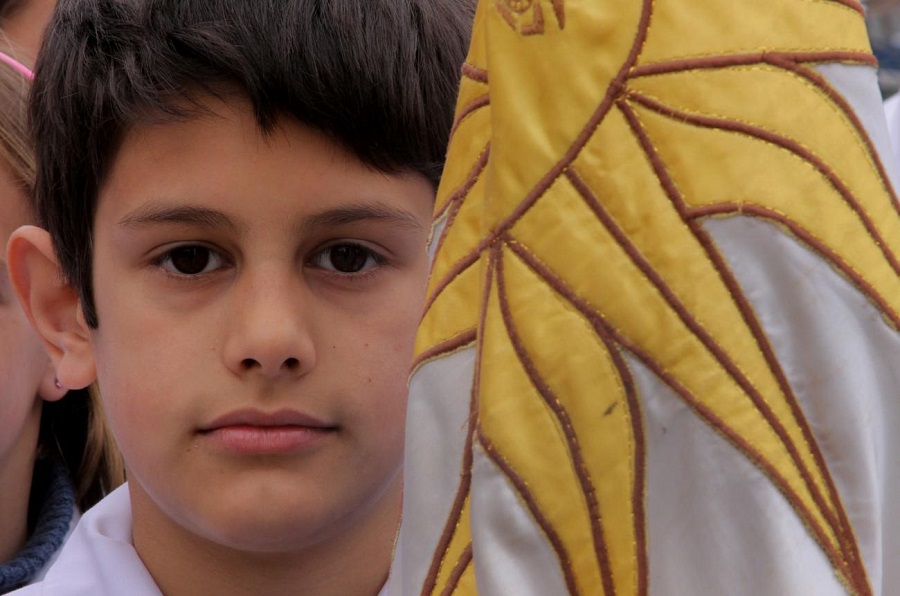RIO DE JANEIRO, BRAZIL – UNESCO took part in the premiere of the documentary series “Que Nadie Quede Atrás,” which reflects the work of the United Nations in Uruguay and contributed its perspective on the Coalition of Latin American and Caribbean Cities against Racism, Discrimination and Xenophobia in its efforts to promote the inclusion of people in a situation of human mobility.
“Que nadie quede atrás, el trabajo de Naciones Unidas en Uruguay” (Leaving no one behind, the work of the United Nations in Uruguay) is the title of the first documentary series to be broadcast on Uruguay’s public television, through the TV Ciudad channel.

The premiere episode, entitled “Human Mobility: Migrants and Refugees,” was released last July, with the support of an inter-agency effort by UNESCO, IOM, UNHCR, UNICEF and OHCHR.
The life stories of a group of migrant families living in Uruguay were the common thread linking their personal experiences with the work of the United Nations, focused on the defense of human rights and on assuming an coordinating role in helping families adapt and settle in a new country.
During the documentary, the work being conducted by the Latin American and Caribbean Coalition of Cities against Racism, Discrimination and Xenophobia was presented, a network of cities promoted by UNESCO that has prioritized efforts for the inclusion of people in a situation of human mobility.
To this end, Fabiana Goyeneche was interviewed, Director of International Relations of the Municipality of Montevideo. Montevideo is currently the city leading this regional network.
“This coalition seeks to build a new, better, and more favorable environment for the migrant and refugee population, in addition to working in coordination between the different local governments to influence public policies implemented by these governments. We also try to have an impact on several levels: not only in the cities comprising the network, but also to create spaces of influence at the local, regional and global levels,” explained Goyeneche in the episode.
Andrés Morales, a specialist in UNESCO’s Social and Human Sciences Program for Latin America and the Caribbean stressed that “this documentary shows the countless challenges that migrants and refugees face when they reach a new country, but it also shows their resilience and desire to move forward and contribute to the community.”
This was the series’ first episode, scheduled to be broadcast in a cycle of five episodes aimed at addressing inter-agency work on different community issues, linked to strengthening sustainable development and the fulfillment of the 2030 Agenda.

